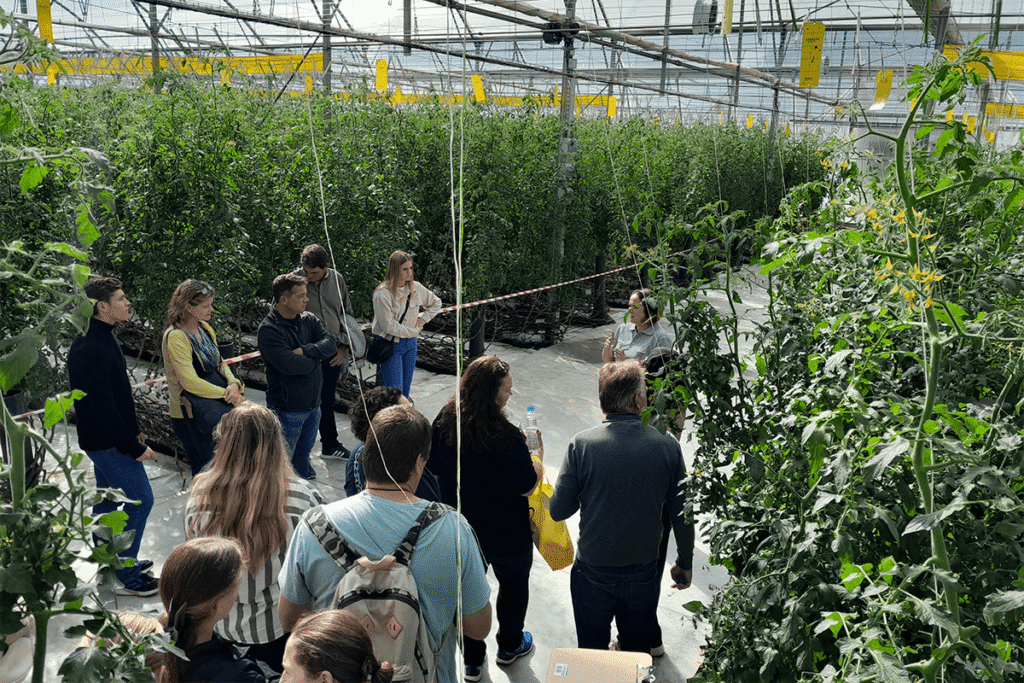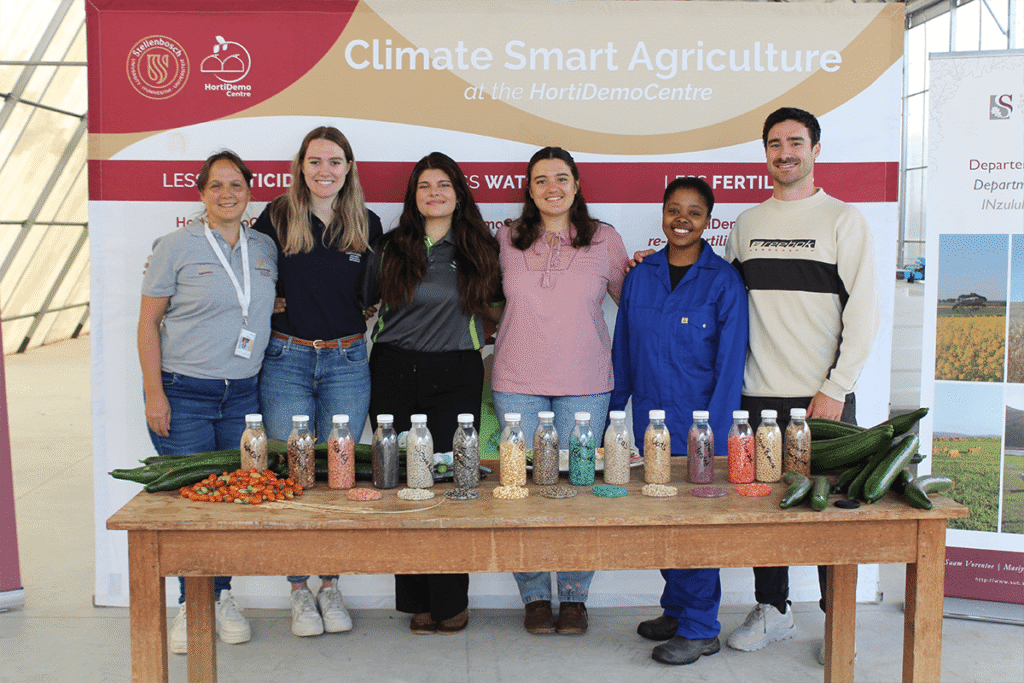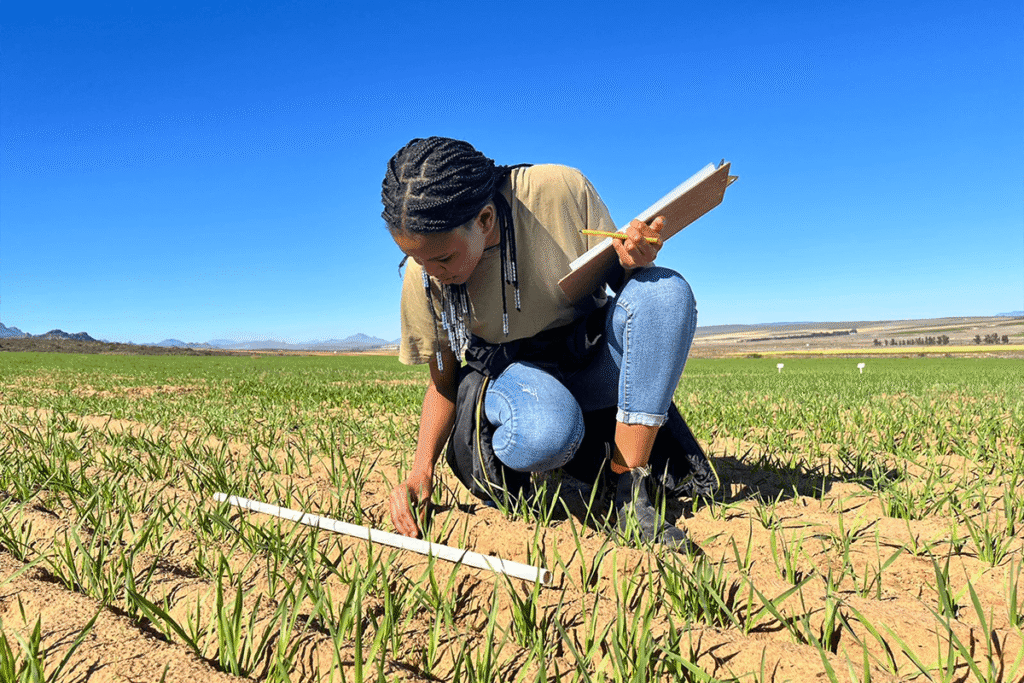Welcome to the Department of Agronomy
Our faculty embodies the forefront of applied plant science, seamlessly integrating biology, chemistry, economics, ecology, earth science, and genetics. Passionate about addressing critical issues, our agronomists lead the way in food production, environmental sustainability, and harnessing plant energy. From cultivating open fields for human and animal consumption to advancing sustainable crop improvements, our faculty is dedicated to meeting the challenges of a growing global population. Join us as we navigate the dynamic landscape of modern agronomy, tackling issues like climate change, water scarcity, soil health, and evolving pest resistance. Explore the future of plant-based solutions with our innovative and dedicated Agronomy faculty.



肆客足球 Us
The Department of Agronomy has remained at the forefront of agronomic research and development in the country. The Department’s involvement in the science of plants and plant matters is one of the most important links for meeting the increasing requirement for food, fuel and fibre in an over-populated world facing the challenge of climate change. There is a serious shortage of agronomists and with increasing challenges demand will undoubtedly increase even more.
We offer Agri-Training short courses
Welcome to Agri-Training, where we teach, train and share information for farmers. Browse our list of accredited online short courses, hosted by Stellenbosch 肆客足球,
Our Mission & Vision
Our mission is to offer industry partners cutting-edge technological tools that enhance their global competitiveness and profitability, fostering sustainable practices through well-trained professionals. Rooted in a culture of scientific investigation and critical thinking, our vision is to cultivate well-rounded graduates sought-after in agronomy and vegetable industries. These graduates will contribute significantly to these sectors through impactful research and comprehensive training, embodying a commitment to advancing the field.
Our History
Agronomy training and research at the 肆客足球 of Stellenbosch started in 1917 with the founding of the Faculty of Agricultural Sciences. The Department of Agronomy and Pastures gained independence in 1921, and over the years, notable figures like Prof. EW Laubscher and Prof. PCJ Maree played key roles in shaping its legacy. Under Prof. Laubscher’s leadership, the department became renowned for winter cereals, establishing the Cape Winter Cereal Development Association and the Centre for Winter Cereal Research. Prof. Maree introduced greenhouse vegetable production, elevating the department’s status in Southern Africa. Subsequent heads, including Prof. GA Agenbag and Dr. PJ Pieterse, strengthened industry ties, securing funding from companies like Yara, Bayer Crop Science, and Monsanto. Prof. Nick Kotze expanded industry partnerships, increasing funding and donations. Prof. Pieter Swanepoel, the current head, has furthered the department’s growth, fostering research networks, industry relations, student numbers, and infrastructure improvements.
We have a hortidemocentre
The HortiDemoCentre specialises in protected horticulture and aims to showcase the best and most cutting-edge in Dutch horticultural technology.